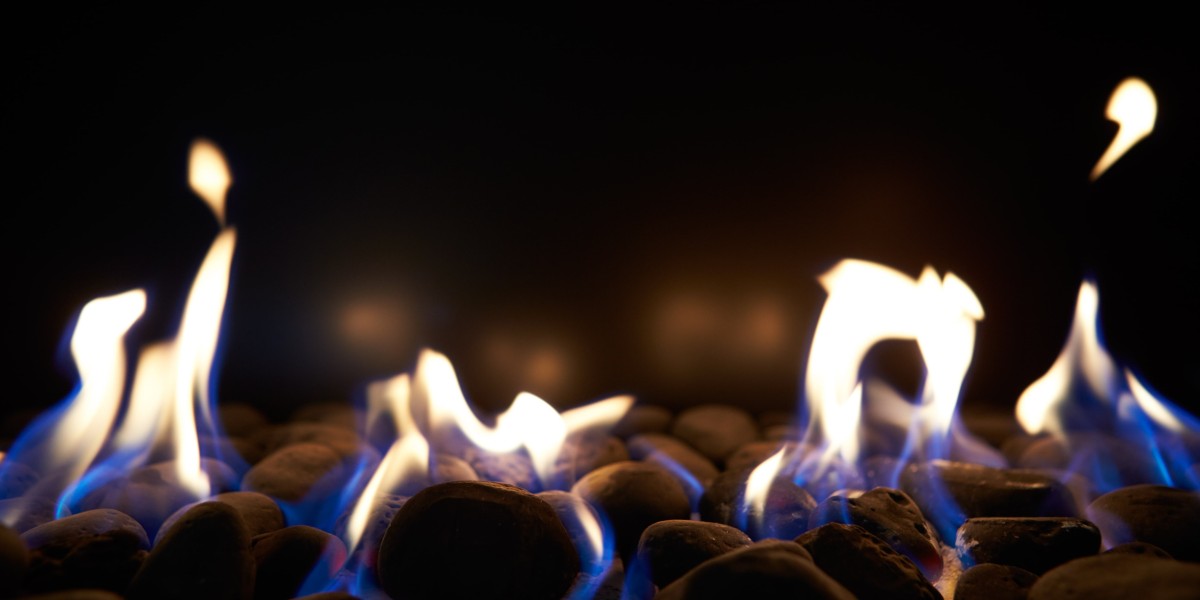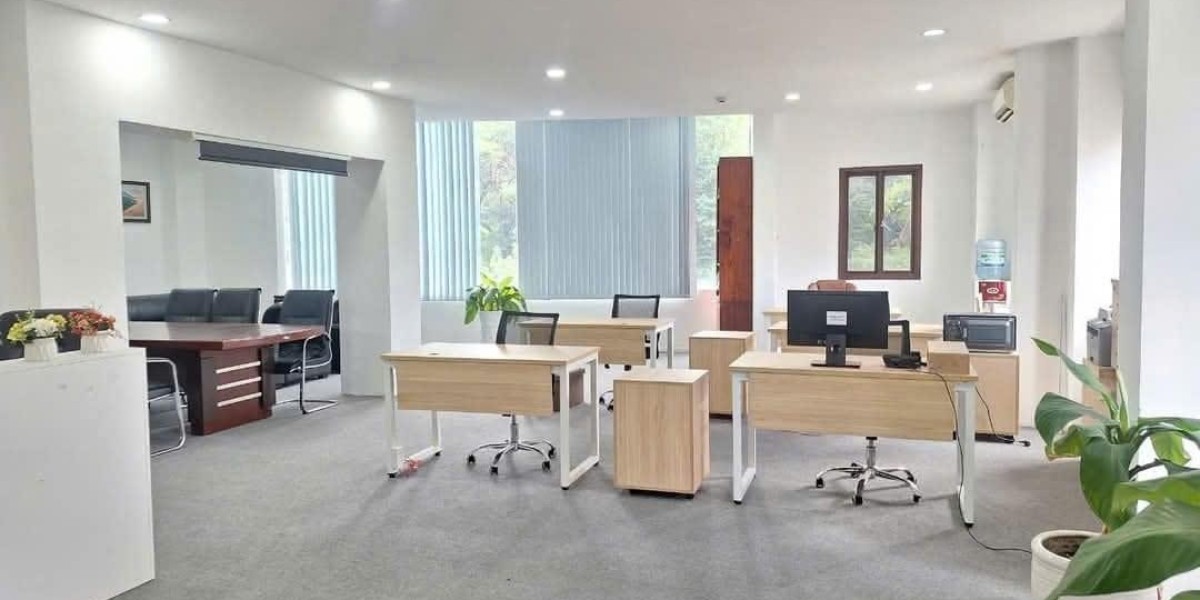 What is Checked on a Gas Safety Certificate?
What is Checked on a Gas Safety Certificate?A Gas Safety Certificate is a legal requirement for landlords. It is essential to ensure the safety and health of your tenants and it also prolongs the life of appliances.
 The engineer will inspect the safety of your gas appliances and pipes. They will then issue the certificate. If an appliance is classified as Immediately Dangerous (ID) or At Risk (AR), it must be replaced as soon as is possible.
The engineer will inspect the safety of your gas appliances and pipes. They will then issue the certificate. If an appliance is classified as Immediately Dangerous (ID) or At Risk (AR), it must be replaced as soon as is possible.Ventilation
The engineer will inspect the ventilation passages of every appliance as part of the gas safety inspection to ensure that they are free of obstructions and clear. This is crucial to prevent the accumulation of dangerous gases in your home, for example carbon monoxide. Carbon monoxide is a deadly gas that can cause poisoning when it builds up. Your engineer will inspect regularly while they visit the property.
They will also check flues and chimneys to make sure they are free of obstructions, sealed properly and able to release gases in a consistent manner. They will also check for carbon monoxide levels within the property that is a colorless smellless, odourless and toxic gas that can build up to dangerously high levels in time if not eliminated from the home. This is why it's essential to have your appliances serviced and checked annually by a Gas Safe registered engineer.
In addition to these tests in addition, your gas engineer will examine the safety device that prevents flames from burning of each appliance, and verify that it's working properly. The device is designed to cut off the gas supply in the event that the flame fails to ignite, and to prevent the appliance from overheating. It is a vital security feature that landlords must check to ensure that it is operating correctly.
Your gas engineer will also verify the pressure of gas that is supplied to your appliances, in addition to checking that all fittings and valves are secure and tight. They will also confirm that the type of gas being used is what was specified when the appliance was installed.
If there are any problems, your gas engineer will mark them on the CP12 certificate and advise you on what should be done to fix them. This document is essential and should be kept in your file to prove that your gas appliances were examined and are safe for use. Gas safety checks are essential due to a variety of reasons. They help you to comply with the law and to promote a healthy environment. You and your tenants may pay a price in the event that you fail to renew your CP12 certificates on time.
Pressure
If a gas appliance is not properly installed, it could be producing dangerous carbon monoxide. Engineers will ensure that there aren't any obstructions or blockages in the passages for ventilation, and also that the appliance is operating correctly. They also ensure that the gases released are properly discharged and are not leading to a build-up of gas in the home.
It could be necessary to shut off the gas if an engineer detects a fault with an appliance. This will be noted on the gas safety certificate and any affected tenants should not use the appliance until it has been repaired. Landlords are legally required to keep a record of any repairs they perform and to renew their gas safety certificates on a regular basis. It is recommended to have these checks done by a qualified Gas Safe registered engineer who can carry out the required tests and provide an official certificate.
Gas safety certificates, or CP12s, are vital legal documents that provide information about the appliances and property that were inspected. It will include the date of the inspection as well as the address of the property and the name and Gas Safety Certificate What Is Checked Safe registration number of the engineer who conducted it. It will also list the issues found and describe the steps to take to rectify them.
The CP12 also identifies whether the appliances tested are sealed or open vented. It will note the pressure of the gas supply and whether the cistern that feeds and expands has an open valve that is functioning properly. The engineer will also assess the efficiency of the combustion in the appliance, and whether it is displaying signs of carbon monoxide poisoning.
While some landlords might believe that having an official gas safety certificate is not necessary, it's actually an obligation in the UK. Additionally, it helps prevent any accidents or injuries caused by gas appliances that are not working properly and creates a safe living environment for the tenants. It is also useful in the event of letting or selling a property to show that the property is in compliance with the required standards of safety. The easiest way to arrange an inspection of your gas supply is by using an online service that can provide a wide range of Gas Safe registered engineers. You just need to enter the required information and receive an instant estimate for your gas safety certificate today.
Flues
A flue could be a hollow structure like a pipe or built-up tile pipe, or any other noncombustible material that are used to vent smoke, exhaust fumes or the fumes generated by heating components such as boilers or hot water heaters. The natural draft of a flue is crucial to the correct operation of these appliances. The gas has to be able escape from the appliance, and not recirculate within the structure. A gas safety engineer will examine the flue's exterior and interior to make sure it is sealed correctly and has no obstructions.
A qualified engineer will also check the pipes and valves that connect to every gas appliance connected to the flues. This is because if these connections aren't up to accepted standards, there may be gas leaks that are dangerous that may not be identified. It is also important to ensure that the gas supply and outlet of every appliance are in good condition, to prevent any buildups of carbon monoxide from forming.
A certified engineer will note any flaws or defects in the gas installation along with its appliances and appliances on an official certificate of safety for gas. Then, when they return to the property they will be able to fix the issue and bring everything back to a normal. Landlords are required by law to get an gas safety certificate for any property that they rent out, so that they can be sure that their tenants are protected from any heating or gas-related incidents.
Homeowners are not required by law to obtain a gas safety certification However, many choose to obtain them regardless because of the benefits they provide. These include peace of mind and knowing that their heating systems are working properly. Additionally, certain homeowners insurance policies require they have a gas safety certificate in order to be valid. Gas certificates of safety can save homeowners money on their home insurance as well as other costs.
Appliances
One of the most important components of a gas safety certificate is the listing of each appliance and installation that was examined. Each entry will include the manufacturer, the model, the location, and whether the product was passed or failed. In some instances failing, the report will include notes on the problem and suggestions for actions. If an appliance is discovered to leak carbon monoxide, the engineer could recommend replacing it immediately.
The engineer will not only check the appliances as well as the flues. He will ensure that there aren't any obstructions in the flues and that the gases can be released frequently. This attention to detail is vital because CO poisoning could occur if the harmful gas is not eliminated from the property.
Landlords must have gas appliances and other infrastructure inspected annually. This is an obligation under the law that must be adhered to or the landlord may be liable for serious penalties. Many landlords take gas safety seriously and do all they can to shield their tenants from gas accidents.
A gas safety certificate is a document issued by an Gas Safe registered engineer following an inspection of the gas system in the building. It's also known as a CORGI Certificate or a Landlord Gas Safety Record. The document includes the name and registration of the engineer who conducted the inspection, as well as the address at which the tests were conducted.
The gas engineer will check that the appliances in the property are safe to use and that they comply with current regulations. They will look for leaks, confirm that there is adequate ventilation, measure gas pressure, and so on. They will also examine flues in order to ensure that combustible gases are expelled safely and test the performance of appliances, including the efficiency of combustion.
If an appliance fails the tests, it will be marked as Immediately Dangerous (ID) or At Risk (AR). These appliances should not be used and must be replaced as soon as is possible. The gas engineer will take the appliance from gas supply if they spot a defect they cannot repair. This will be noted on the certificate.








